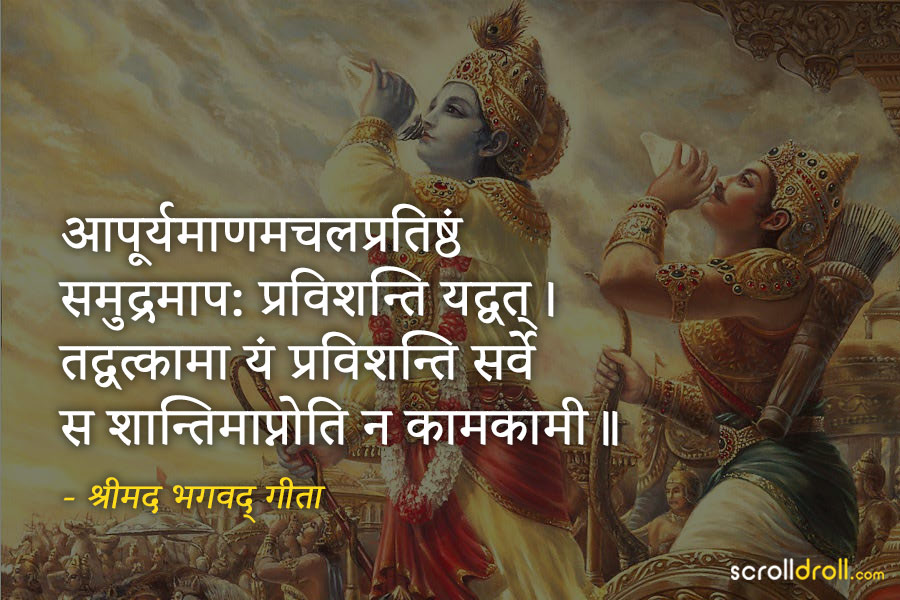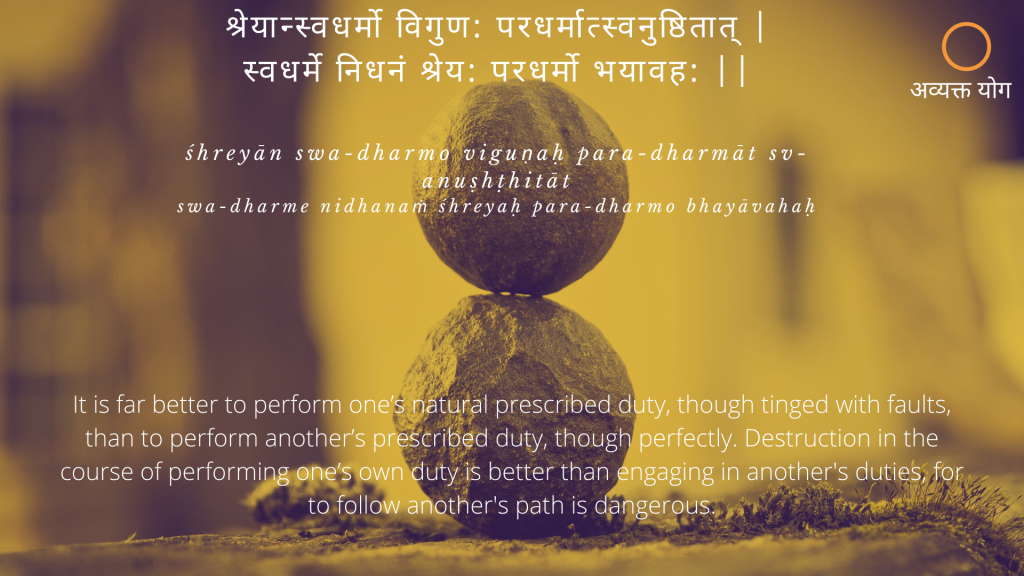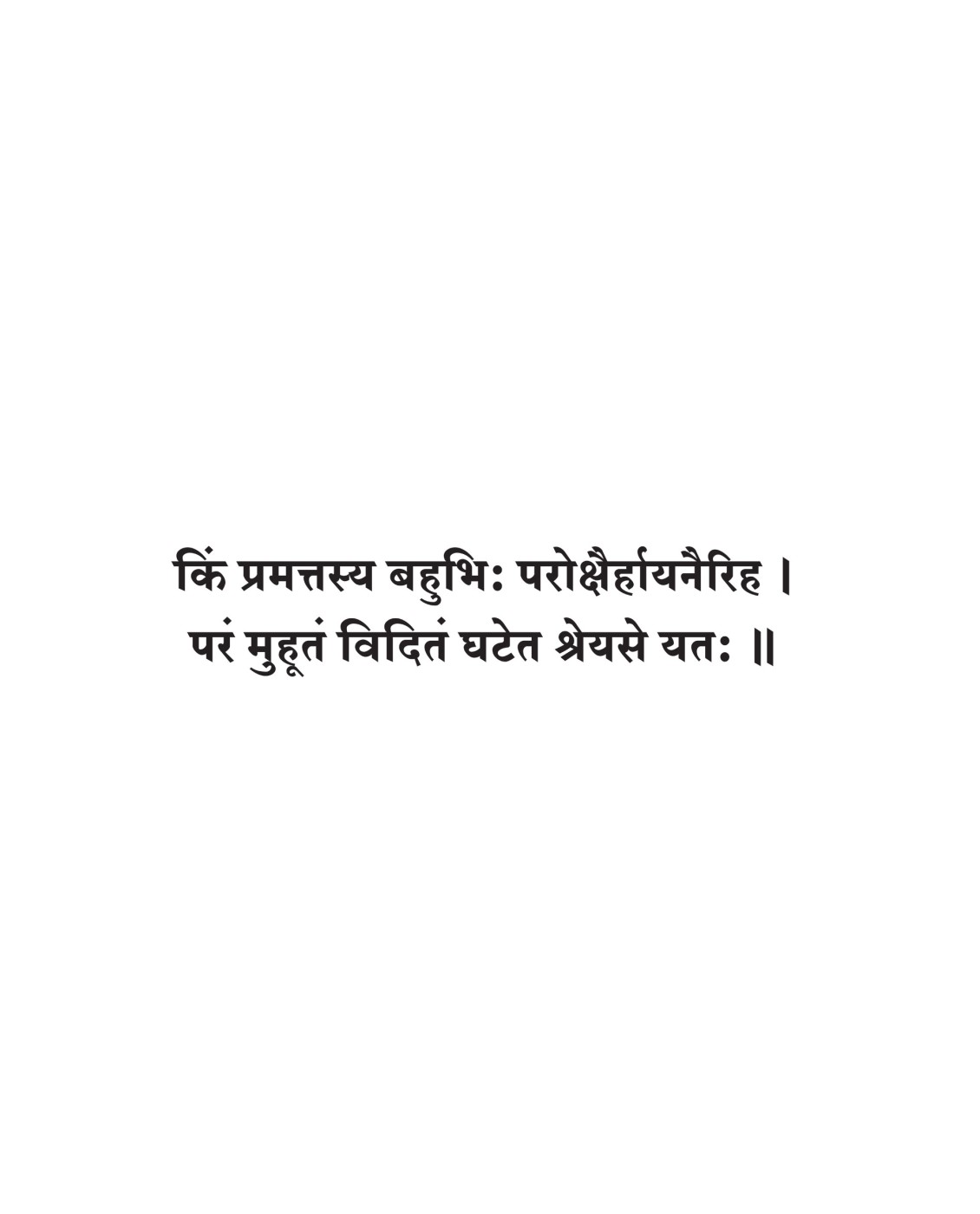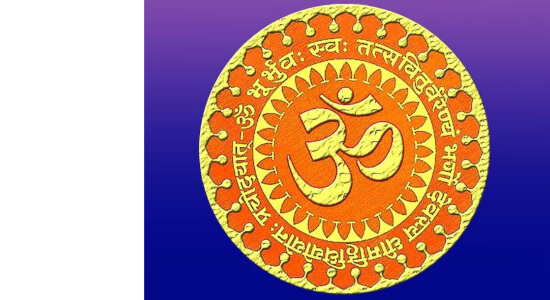Exploring Sanskrit Quotes on Karma in English
Karma, a fundamental concept in Hinduism and Buddhism, refers to the principle of cause and effect where one’s actions directly influence their future. The Sanskrit language, rich with spiritual wisdom, offers many profound quotes that encapsulate the essence of karma. These quotes not only provide guidance for individuals navigating moral dilemmas but also serve as a reminder of the interconnectedness of life. In this article, we will delve into various aspects of karma, exploring its implications through meaningful Sanskrit quotes translated into English.
Understanding the Concept of Karma

To fully appreciate the beauty of Sanskrit quotes on karma, it is essential to first grasp the underlying principles that define karma. Karma signifies not just action, but the intention behind the action. This section will explore the philosophical foundations of karma, its origins, and how these concepts are expressed through quotes.
The Philosophical Foundations of Karma
The notion of karma stems from ancient Indian philosophy, deeply rooted in the texts of the Vedas and Upanishads.
Karma is more than just a system of reward and punishment; it encapsulates a dynamic interplay between free will and predetermined outcomes. Every action generates energy, leading to a corresponding reaction. This idea promotes accountability, urging individuals to be mindful of their choices, as they ultimately shape their destiny.
Moreover, karma transcends individual existence. It encompasses collective karma, reminding us that our actions impact not only ourselves but also our communities and the world at large. Thus, understanding karma prompts a reassessment of personal responsibilities and communal relationships.
Origins of the Term “Karma”
The word “karma” originates from the Sanskrit root ‘kri,’ which means “to do” or “to act.”
In ancient scriptures, karma was depicted as a cosmic law governing human behavior and interactions. Actions performed in adherence to dharma (righteousness) are said to yield positive karma, while those performed against it result in negative consequences.
This intricate connection between karma and dharma illustrates that ethical living is integral to the concept of karma. As we navigate through life, our choices should align with moral values, ensuring that we contribute positively to our surroundings.
Expression of Karma in Sanskrit Quotes
Sanskrit quotes often contain layers of meaning, providing insights into the nature of karma.
For instance, one notable quote is: “Karmanye vadhikaraste ma phaleshu kadachana,” which translates to “You have the right to perform your prescribed duties, but you are not entitled to the fruits of your actions.”
This quote emphasizes the importance of focusing on the action itself, rather than being fixated on the outcome. By shifting our focus, we can liberate ourselves from anxiety about results and cultivate a sense of inner peace.
The Interconnectedness of Actions and Consequences

Karma teaches that every action has a corresponding reaction, creating a web of connections within the universe. This interconnectedness is echoed in numerous Sanskrit quotes that reflect on the relationship between deeds and their consequences.
The Ripple Effect of Actions
Every action we take sends ripples through the fabric of existence.
When we engage in acts of kindness, we inspire others to do the same. Conversely, negative actions can lead to a cycle of harm. Recognizing this ripple effect empowers individuals to make conscious choices that elevate collective well-being.
An illustrative Sanskrit quote states, “Yatha karma yatha bhavah,” which means “As is the deed, so is the thought.”
This wisdom underscores the idea that thoughts and actions are intrinsically linked. When we nurture positive thoughts, we are more likely to act in ways that generate constructive outcomes, reinforcing a positive feedback loop.
Collective Karma: A Shared Responsibility
Karma is not solely an individual struggle; it also encompasses collective experiences.
Communities bear the weight of shared actions, illustrating the power of unity in shaping collective destiny. As we navigate our lives, we must recognize that our behaviors can significantly impact societal norms and values.
A poignant Sanskrit quote reflects this sentiment: “Saha nau vavatu, saha nau bhunaktu,” which translates to “May we all be protected together, may we all be nourished together.”
This quote highlights the importance of collaboration and mutual support, reminding us that by uplifting each other, we create an environment ripe for positive karma.
The Role of Intention in Shaping Karma
While actions are significant, intentions hold equal importance in determining karmic outcomes.
The Sanskrit phrase “Sankalpa se prabhava” translates to “The power arises from intention.” This insight suggests that good deeds, when performed with genuine intention, carry more weight than the same actions executed mechanically or out of obligation.
Being mindful of our motivations can transform the nature of our actions. When we act with compassion and empathy, we foster a deeper connection to our surroundings, amplifying the positive energies generated from our deeds.
Karma and Spiritual Growth

Engaging with the principles of karma opens doors to personal and spiritual development. Many Sanskrit quotes illuminate the path toward self-discovery and transformation through the lens of karma.
The Journey of Self-Realization
Karma serves as a guide in our quest for self-awareness and growth.
Navigating through life’s challenges allows us to confront our shortcomings and learn valuable lessons. A compelling Sanskrit quote states, “Atma jaanati sarvatra,” meaning “The self knows everywhere.”
This notion encourages introspection, emphasizing that understanding oneself is key to understanding the dynamics of karma. As we peel away layers of conditioning and false identity, we become more attuned to the subtleties of our actions and their repercussions.
Transformative Power of Acceptance
Accepting the consequences of our actions is vital for spiritual evolution.
Karma invites us to take ownership of our decisions, cultivating resilience in the face of adversity. A powerful Sanskrit quote expresses this beautifully: “Dharma saksat kritam,” which translates to “Righteousness is established through action.”
Acceptance fosters humility and nurtures our capacity to learn from mistakes, propelling us on a journey of continuous improvement.
Karma as a Teacher
Karma embodies the role of a teacher, imparting wisdom through life experiences.
Every challenge we face can be seen as an opportunity for growth, pushing us to expand our boundaries and embrace change. The Sanskrit saying “Karma hi dharma,” means “Action is indeed righteousness,” reinforces the idea that engagement with life, despite its trials, leads to enlightenment.
Through the lens of karma, we begin to appreciate that obstacles may emerge as stepping stones toward greater understanding. This perspective shifts our relationship with hardship, transforming suffering into a vehicle for empowerment.
Practical Applications of Karma in Daily Life

Understanding karma’s teachings holds immense relevance in our daily lives. This section delves into practical applications of karma, supported by insightful Sanskrit quotes.
Cultivating Mindfulness in Actions
Practicing mindfulness can enhance our awareness of the present moment and the impact of our actions.
By becoming aware of our choices, we move towards intentional living, aligning our actions with our values. A Sanskrit quote states, “Samyak drishti samyak karma,” translating to “Right vision leads to right action.”
This wisdom reminds us that clarity of thought enables us to approach situations with discernment and purpose. In practicing mindfulness, we can reduce impulsivity and make decisions that reflect our deepest convictions.
Building Positive Relationships
Karma emphasizes the significance of nurturing healthy relationships.
Acts of kindness, compassion, and understanding resonate throughout our interactions, creating a cycle of positivity. A Sanskrit quote that encapsulates this belief is “Prema hi jeevanam,” meaning “Love is indeed the essence of life.”
When we prioritize love and compassion in our relationships, we naturally attract similar energy in return. This reciprocal process cultivates a harmonious atmosphere, enabling our personal and spiritual growth.
Embracing Forgiveness
Letting go of resentment and grudges is a crucial aspect of karma.
Forgiveness frees us from the shackles of negative energy, allowing room for healing and rejuvenation. The Sanskrit expression “Kshama paramo dharma,” translates to “Forgiveness is the ultimate virtue.”
Embracing forgiveness not only lightens our emotional burdens but also paves the way for healing relationships. By forgiving others, we unearth our own capacity for grace and compassion, enhancing our karmic balance.
FAQs

What does karma mean in spiritual terms?
Karma represents the principle of cause and effect, where every action has consequences that extend beyond the present moment. It emphasizes moral responsibility and the interconnectedness of life, encouraging individuals to make conscious choices aligned with their values.
How can I apply the concept of karma in my daily life?
Applying karma in daily life involves practicing mindfulness, making intentional choices, nurturing positive relationships, and embracing forgiveness. Being aware of your actions and their impacts can guide you toward ethical living and personal growth.
Are all actions rewarded or punished immediately in karma?
Not necessarily. Karma operates on the principle of cosmic timing, meaning that the consequences of one’s actions may not be immediate or visible. Trusting the process of karma encourages patience and acceptance, fostering resilience in the face of challenges.
Can I change my karma through my actions?
Yes, you can change your karma through conscious actions and intentions. Engaging in positive deeds and aligning yourself with dharma can generate favorable outcomes, thereby reshaping your karmic experience.
How do Sanskrit quotes help in understanding karma?
Sanskrit quotes offer profound insights and wisdom related to karma, serving as guiding principles for ethical living and self-awareness. They encapsulate complex ideas in a concise manner, prompting reflection and deeper understanding of one’s actions and their consequences.
Conclusion
The exploration of Sanskrit quotes on karma reveals the depth and complexity of this ancient concept. Karma is not merely a doctrine of fate but a dynamic invitation to engage with life deliberately and ethically. Through our actions, intentions, and relationships, we weave the fabric of our destiny, impacting ourselves and the broader universe. By embracing the teachings of karma and integrating them into our daily lives, we embark on a journey of self-discovery, compassion, and spiritual growth. The wisdom encapsulated in Sanskrit quotes serves as a timeless reminder of the power we hold in shaping our lives and the world around us.
